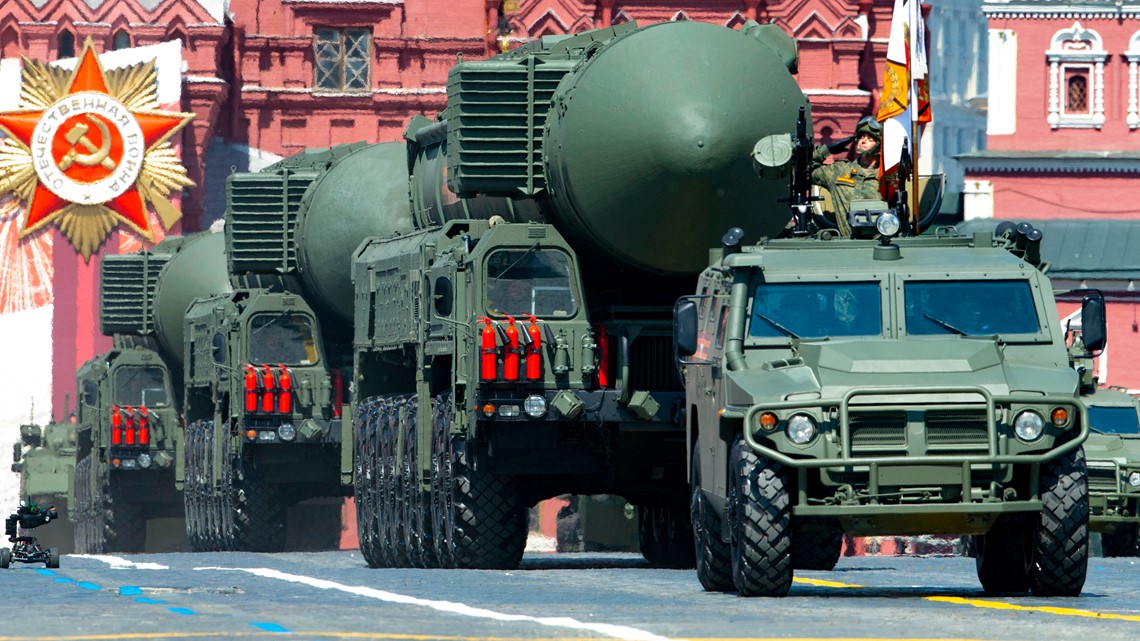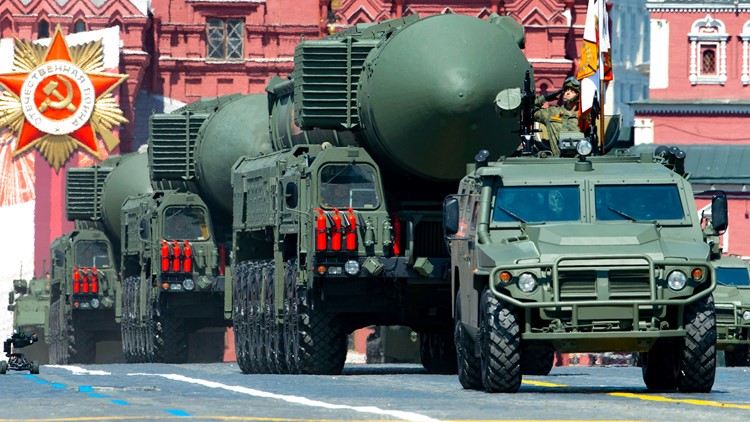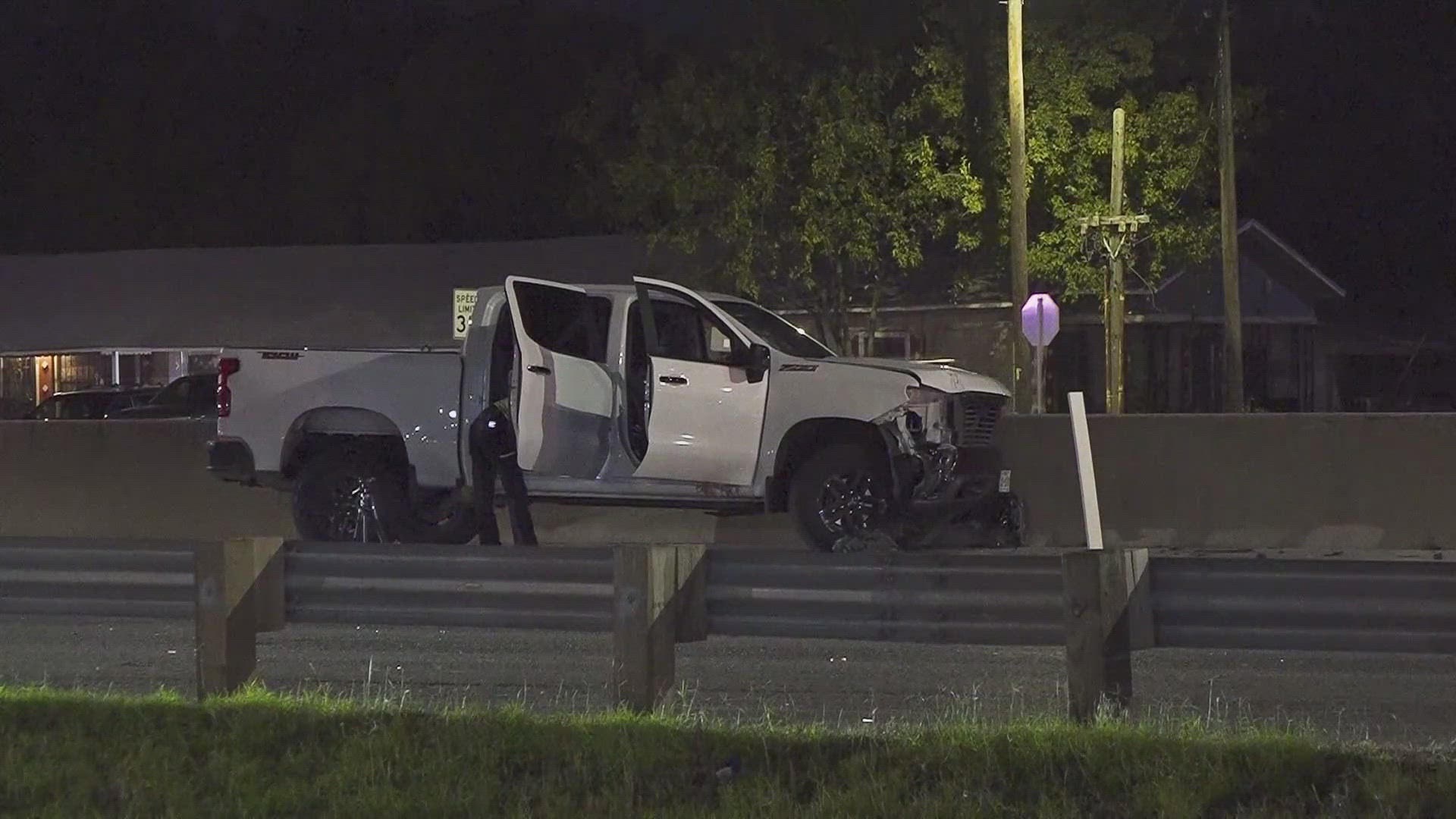MOSCOW, Russia — The lower house of Russian parliament on Wednesday quickly approved the extension of the last remaining nuclear arms control pact days before it’s due to expire.
The State Duma voted unanimously to extend the New START treaty for five years. The vote came a day after a phone call between U.S. President Joe Biden and Russian President Vladimir Putin, in which they voiced satisfaction with the exchange of diplomatic notes about extending the New START treaty. They agreed to complete the necessary procedures in the next few days, according to the Kremlin.
The pact’s extension doesn’t require congressional approval in the U.S., but Russian lawmakers must ratify the move. Top members of the upper house, the Federation Council, said it was set to quickly follow suit and endorse the extension later Wednesday.
Deputy Foreign Minister Sergei Ryabkov told lawmakers that the extension will be validated by exchanging diplomatic notes once all the procedures are completed.
New START expires on Feb. 5. After taking office last week, Biden proposed extending the treaty for five years, and the Kremlin quickly welcomed the offer.
The treaty, signed in 2010 by President Barack Obama and Russian President Dmitry Medvedev, limits each country to no more than 1,550 deployed nuclear warheads and 700 deployed missiles and bombers, and envisages sweeping on-site inspections to verify compliance.
Biden indicated during the campaign that he favored the preservation of the New START treaty, which was negotiated during his tenure as U.S. vice president.
Russia has long proposed prolonging the pact without any conditions or changes, but the Trump administration waited until last year to start talks and made the extension contingent on a set of demands. The talks stalled, and months of bargaining have failed to narrow differences.
The negotiations were also marred by tensions between Russia and the United States, which have been fueled by the Ukrainian crisis, Moscow’s meddling in the 2016 U.S. presidential election and other irritants.
After both Moscow and Washington withdrew from the 1987 Intermediate-Range Nuclear Forces Treaty in 2019, New START is the only remaining nuclear arms control deal between the two countries.
Earlier this month, Russia announced that it would follow the U.S. in pulling out of the Open Skies Treaty, which allowed surveillance flights over military facilities, to help build trust and transparency between Russia and the West.
Before the Biden administration took office, Russia always had offered to extend New START for five years — a possibility that was envisaged by the pact at the time it was signed. But President Donald Trump charged that it put the U.S. at a disadvantage. Trump initially insisted that China be added to the treaty, an idea that Beijing bluntly dismissed.
The Trump administration then proposed to extend New START for just one year and also sought to expand it to include limits on battlefield nuclear weapons.




